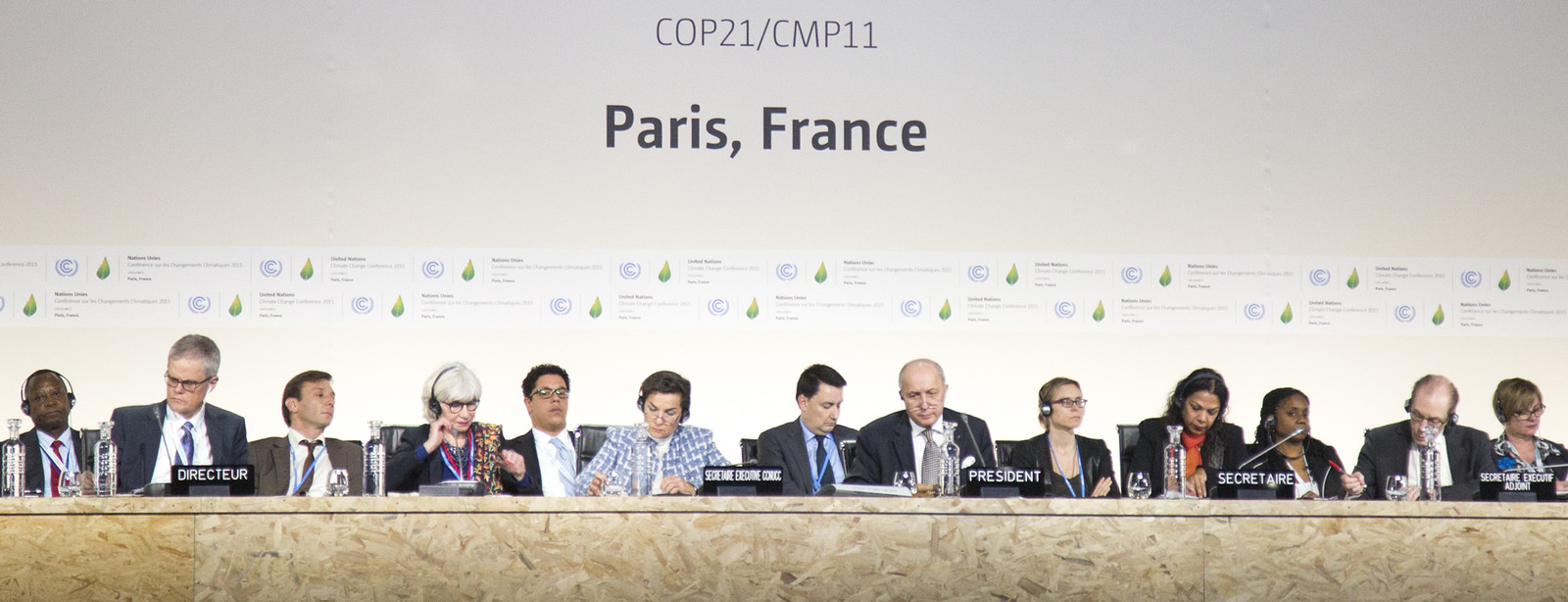Money is supposedly the root of all evil, and it’s certainly an issue
that’s been front and centre in the Paris climate summit negotiations. Many of
the world leaders identified the need to support vulnerable nations and peoples
at the COP21 opening. The argument since then has boiled down to who pays for
what – specifically, how much should the historic emitters (the developed
nations) pay, what level of past responsibility, they should bear, and what
leeway the developing world should be allowed, in terms of emissions, to bring
their people out of poverty.

Who should pay?
What the
developed countries say: The industrialised nations have
pledged to deliver $US 100 billion (A$ 136 billion) a year for the next five
years to the Green Climate Fund (GCF) to help the developing world cut
emissions and prepare for the impacts of global warming. 50% of all adaptation
funding is slated to go to the most vulnerable nations, such as Pacific Islands
and African nations.
The GCF also offers a wide range of financial tools to support low
emissions projects worldwide, including grants, loans and equity arrangements.
Projects are intended to focus emission reductions in transport, land use,
cities and energy generation, as well as increasing resilience to climate
change and its impacts on ecosystems, food supply, urban areas and livelihoods.
What the
developing nations say: The pledge
is not being taken seriously and the pot of money needs to be increased in
exchange for taking on more long-term responsibility for cutting emissions. In
particular, developing countries need up front finance to build renewable energy infrastructure.
Who bears responsibility – now
and in the future?
What the
developed countries say: Any solution to climate change cannot
occur without stronger action from major emerging economies (such as India and
China) because they are now responsible for about one half of current global
emissions, and rising fast.
What the
developing nations say: The west is responsible for the bulk
of historical emissions and the less-developed nations need room to expand
their emissions to bring their people out of poverty.
Where is the argument at?
The draft agreement (as of Thursday, 21.00 Paris time) states that
developed countries are to take the lead and provide financial resources.
Negotiators are currently discussing whether this is to be new and/or scaled
up. Other Parties (developing countries) may provide voluntary support
including via south-south cooperation initiatives. US$ 100 billion per year is
the minimum to be provided for mitigation and adaptation efforts and financing
will be periodically reviewed.
by: Prof. Lesley Hughes and Martin Rice.
Image credits
Comité de Paris, Photo from Flickr user UNclimatechange CC BY 2.0